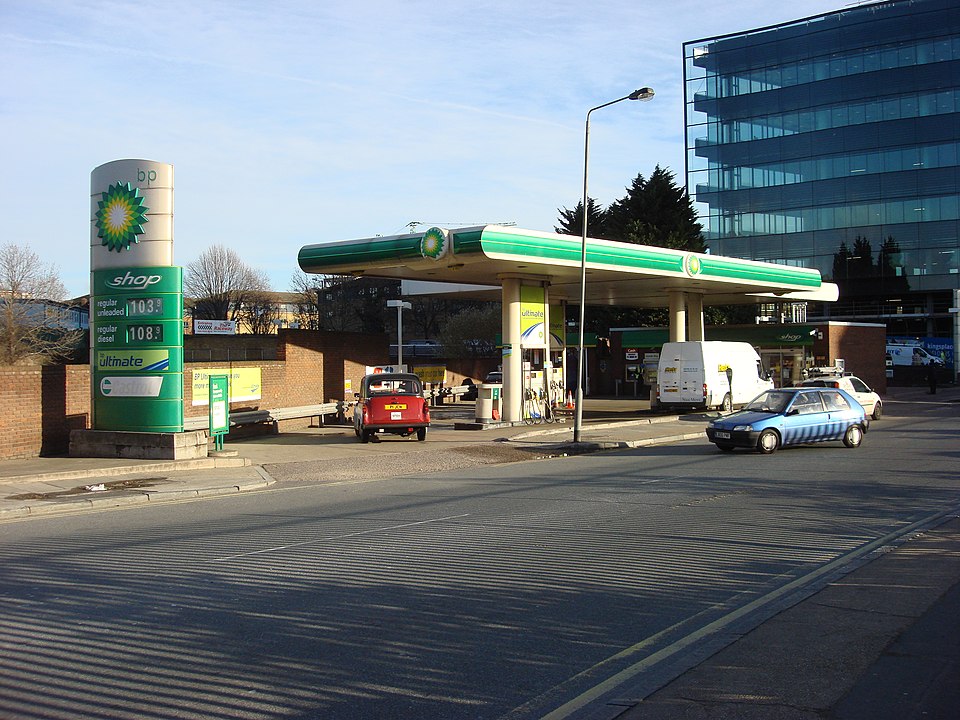
Hey, some good news for your wallet (at least for now) – UK inflation dropped to 2.6% in March, down from 2.8% in February. A big reason? Petrol prices dipped, with the average price falling
by 1.6p per litre to 137.5p.
But don’t get too comfortable – experts are warning this could be short-lived. Inflation is expected to jump again in April thanks to higher energy bills and rising business costs.
Grant Fitzner, chief economist at the Office for National Statistics (ONS), said the only major offset to falling inflation came from rising clothing prices.
It’s not just petrol – prices for recreation and culture, including toys and games, also fell sharply. So while prices are still rising overall, they're doing so more slowly than before.
Wages vs. inflation
Here’s a positive twist: wages are growing faster than inflation. Public sector pay is rising even more than in the private sector, with average wage growth hitting 5.9%, according to the ONS.
Looking back and ahead
Quick inflation history: In January 2016, inflation was just 0.3%. It spiked to 11.1% in October 2022, dropped to 1.7% in September 2024, and now it’s back up slightly at 2.6%.
But brace yourself – April’s inflation could rise to around 3%. Michael Saunders, a former Bank of England official, pointed to increased gas, electricity, and water prices, plus global effects from Trump's trade wars.
He said the UK might see cheaper exports diverted from the US, which could help a bit. But overall, we’re looking at weaker growth, falling investment, and even a potential rise in unemployment.
On the ground: business feels the pressure
Take Sonja Skelton, for example. She runs West Special Fasteners, a company that makes specialized nuts and bolts for industries like offshore defence and construction.
Her biggest cost? Staffing. And with the minimum wage rising, plus a £60,000 hit from the National Insurance increase, she’s feeling the squeeze. Still, she supports investing in the UK’s infrastructure.
Sonja’s firm uses high-energy processes and exotic metals like Hastelloy C-276, which has shot up in price from £30 to £50 per kilo in the last five years. If she can’t absorb the extra costs, her product prices will have to go up.
“We’re trying to be more efficient, but energy prices have really hit us hard,” she said.
What about interest rates?
With inflation falling, there’s a chance the Bank of England could cut its key interest rate (currently 4.5%) at its next meeting. That decision is complicated, though – strong wage growth would usually argue against a cut.
Experts expect inflation to settle around the Bank’s 2% target by 2026, but that depends on how the global economy behaves, especially with trade tensions still simmering.
Political reactions
Chancellor Rachel Reeves called the inflation drop “encouraging” but admitted that families are still struggling.
Shadow Chancellor Mel Stride wasn’t impressed, blaming Reeves for inflation staying above the target, citing her “reckless” spending.
Meanwhile, Lib Dem Treasury spokesperson Daisy Cooper warned that Trump's trade war could hit already struggling households even harder, and pushed for stronger trade deals with Europe and the Commonwealth. Photo by Oxyman, Wikimedia commons.




































